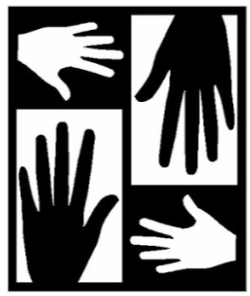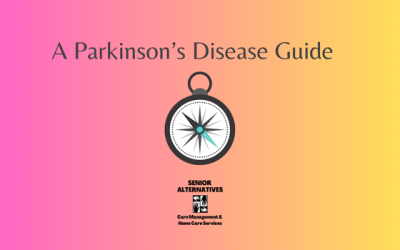May 20, 2020

Anyone at any age can have a drinking problem. Families, friends and healthcare workers sometimes overlook their concerns about older people drinking, or mistake it for other conditions related to aging, such as a problem with balance.
How the body handles alcohol can change as you age. Some older people can feel “high” without increasing the amount of alcohol they drink. This “high” can make them more likely to have accidents, including falls and fractures. Older people have thinner bones than younger people, so their bones break more easily. Studies show that the rate of hip fractures in older adults increases with alcohol use.
Drinking too much alcohol over a long time can:
- Lead to some kinds of cancer, liver damage, immune system disorders and brain damage
- Worsen osteoporosis, diabetes, high blood pressure, stroke, ulcers, memory loss and mood disorders
- Cause some older people to be forgetful and confused—these symptoms could be mistaken for signs of Alzheimer’s disease.
Some people have been heavy drinkers for many years. Other people develop a drinking problem later in life. This can happen due to major life changes like death of dear friends or a partner, moving to a new home or failing health. These kinds of changes can cause loneliness, boredom, anxiety or depression. In fact, depression in older adults often goes along with drinking too much.
Although everyone is different, the National Institute on Alcohol Abuse and Alcoholism recommends that men should not have more than two drinks a day and women only one. If you have any health problems or are taking certain medicines, you may need to drink less or not drink at all. Talk with your medical provider.
One drink is equal to one of the following:
- One 12-ounce can or bottle of regular beer, ale, or wine cooler
- One 8- or 9-ounce can or bottle of malt liquor
- One 5-ounce glass of red or white wine
- One 1.5-ounce shot glass of distilled spirits like gin, rum, tequila, vodka, or whiskey. The label on the bottle will say 80 proof or less.
Not everyone who drinks daily has a drinking problem. And, not all problem drinkers have to drink every day. You might want to get help if you, or a loved one, hides or lies about drinking, has more than seven drinks a week or more than two drinks in one day, or gets hurt or harms others when drinking. Some people can cut back on their drinking. Some people need to stop drinking altogether. Making a change in your drinking habits can be hard. If you do not reach your goal the first time, try again. Ask your family and friends for help. Talk to your medical provider. Get the help you need.
Also, before taking any medicine, ask your doctor or pharmacist if you can safely drink alcohol. Here are some examples of problems caused by mixing alcohol with some medicines:
- If you take aspirin and drink, your risk of stomach or intestinal bleeding is increased.
- When combined with alcohol, cold and allergy medicines (the label will say “antihistamines”) may make you feel very sleepy.
- Alcohol used with large doses of acetaminophen, a common painkiller, may cause liver damage.
- Some medicines, such as cough syrups and laxatives, have high alcohol content. If you drink at the same time, your alcohol level will go up.
- Alcohol used with some sleeping pills, pain pills, or anxiety/anti-depression medicine can be deadly.
Although everyone is different, the National Institute on Alcohol Abuse and Alcoholism recommends that men should not have more than two drinks a day and women only one.
Related Articles
Boost Cognitive Function Through Brain Exercises
Just like the rest of your body, your brain changes and adapts over time. Through a concept known as neuroplasticity, your brain can form new connections, strengthen existing ones, and even recover lost abilities. Regular mental exercises can have a significant impact on your brain health. Read on to know more…
Why People in Blue Zones Thrive and Live Longer
Blue Zones are regions where people live longer, healthier lives compared to the global average. These areas have been studied extensively to find common denominators and answers about what makes these places unique. One of the key components of these lifestyles is community engagement, or having a strong sense of belonging and support from others. Read on to know more about Blue Zones and how we can duplicate their lifestyle and best practices.
Understanding Parkinson’s Disease
April is Parkinson’s disease awareness month, with that in mind we put together a blog





